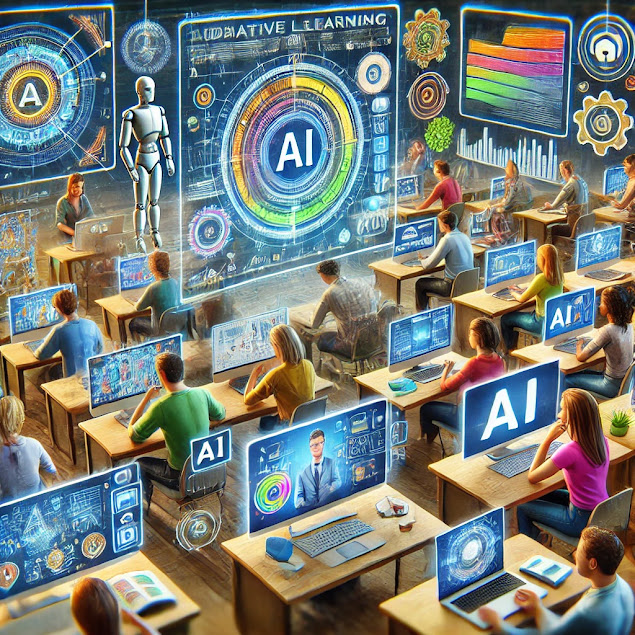Shadow AI: The use of unauthorized AI tools

Shadow AI: The use of unauthorized AI tools by employees without oversight from IT departments, leading to potential data security risks. Shadow AI refers to the use of unsanctioned or unauthorized AI tools by employees without the knowledge or approval of their organization's IT departments. This practice is rising as AI tools become more accessible and easy to use. Employees may turn to external AI services for convenience, speed, or advanced functionality, bypassing official IT systems and protocols. Key Concerns with Shadow AI: Data Security Risks : Employees might input sensitive business or personal data into unvetted AI tools, which could be exposed to external threats like data breaches, hacking, or misuse. These tools may lack the security measures necessary to safeguard sensitive information. Regulatory and Compliance Issues : Many industries are bound by strict data governance and compliance regulations (e.g., GDPR, HIPAA). The use of unauthorized AI tools can lead to ...

%20on%20one%20side%20and.webp)
